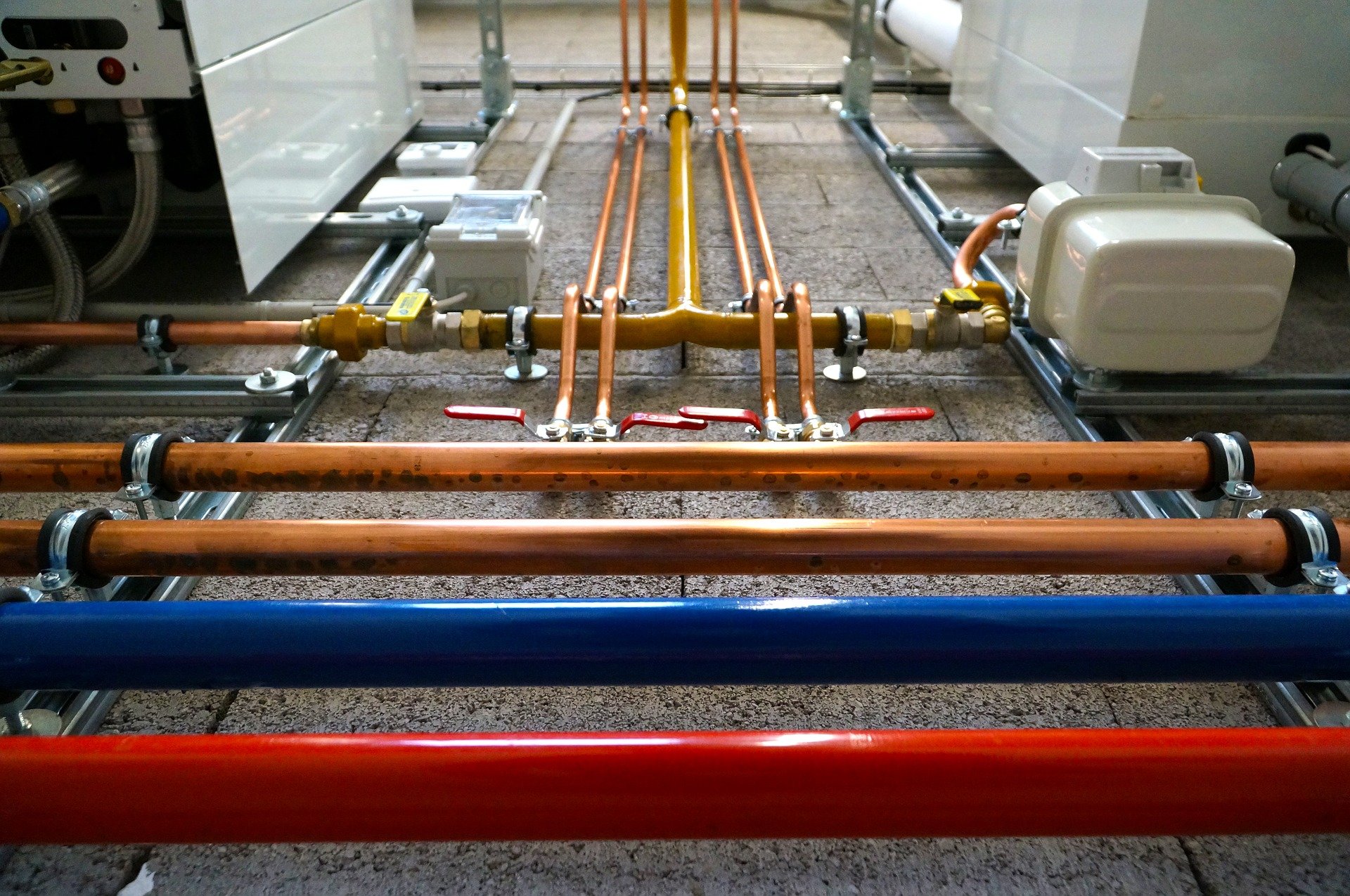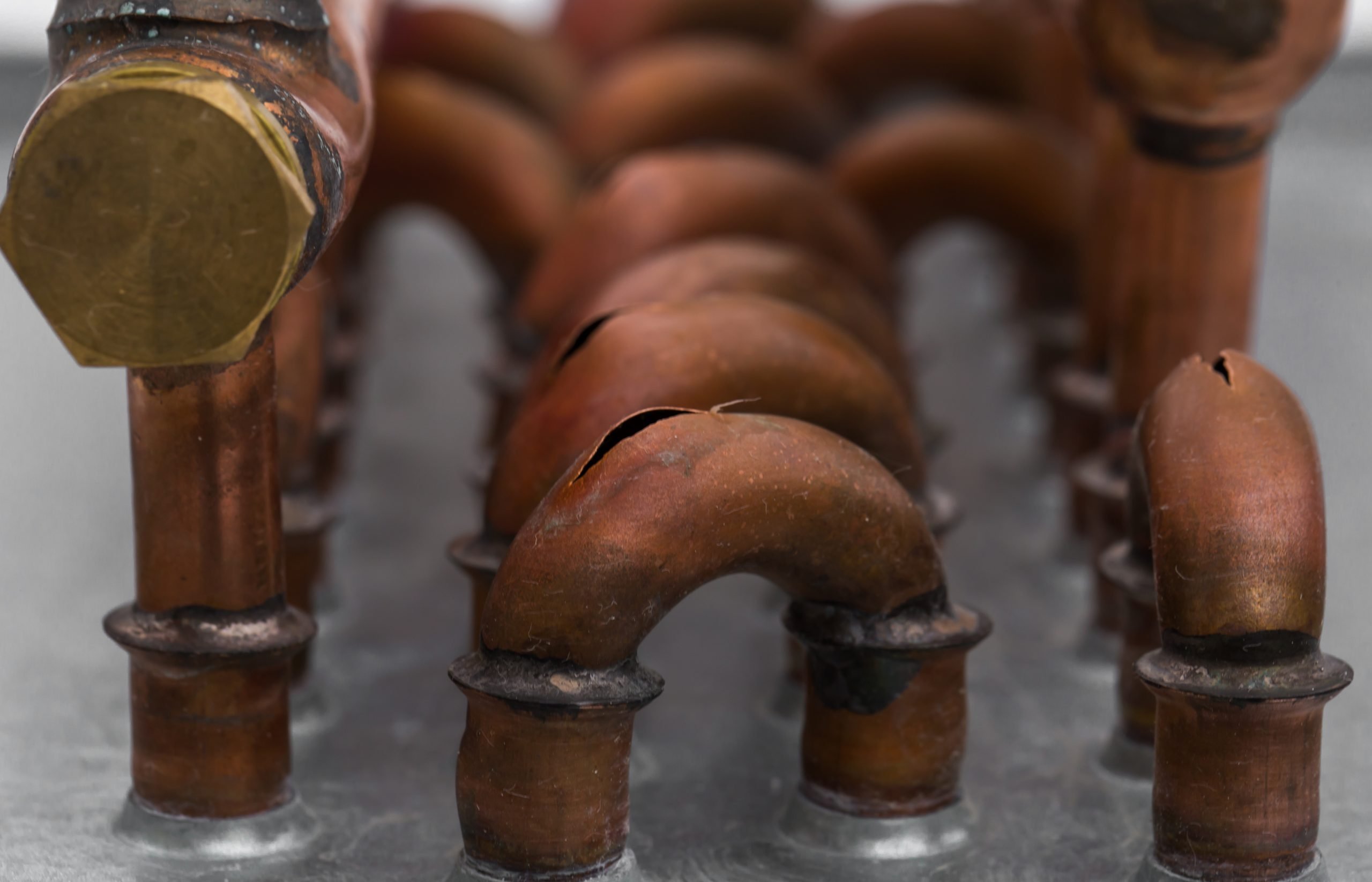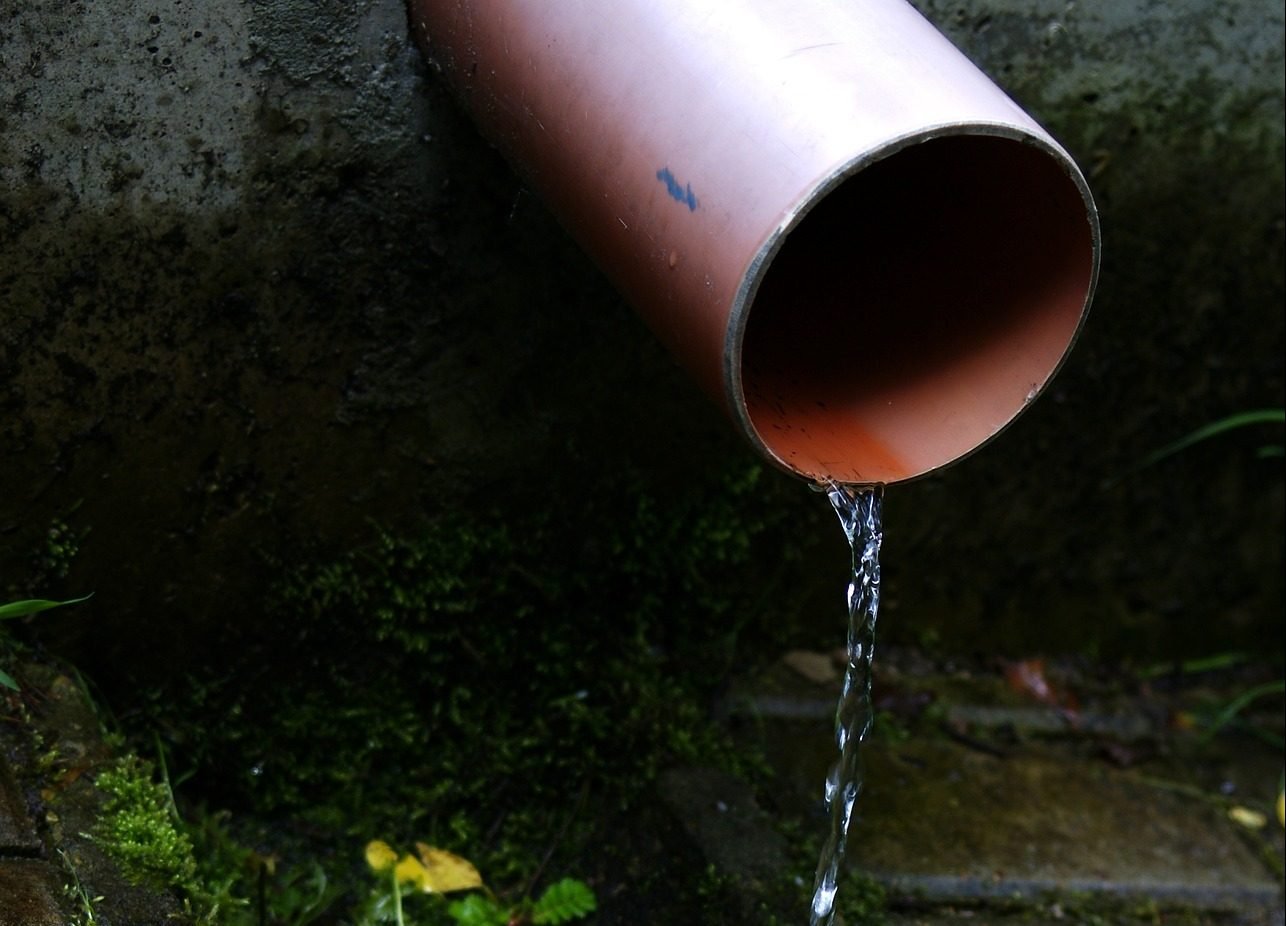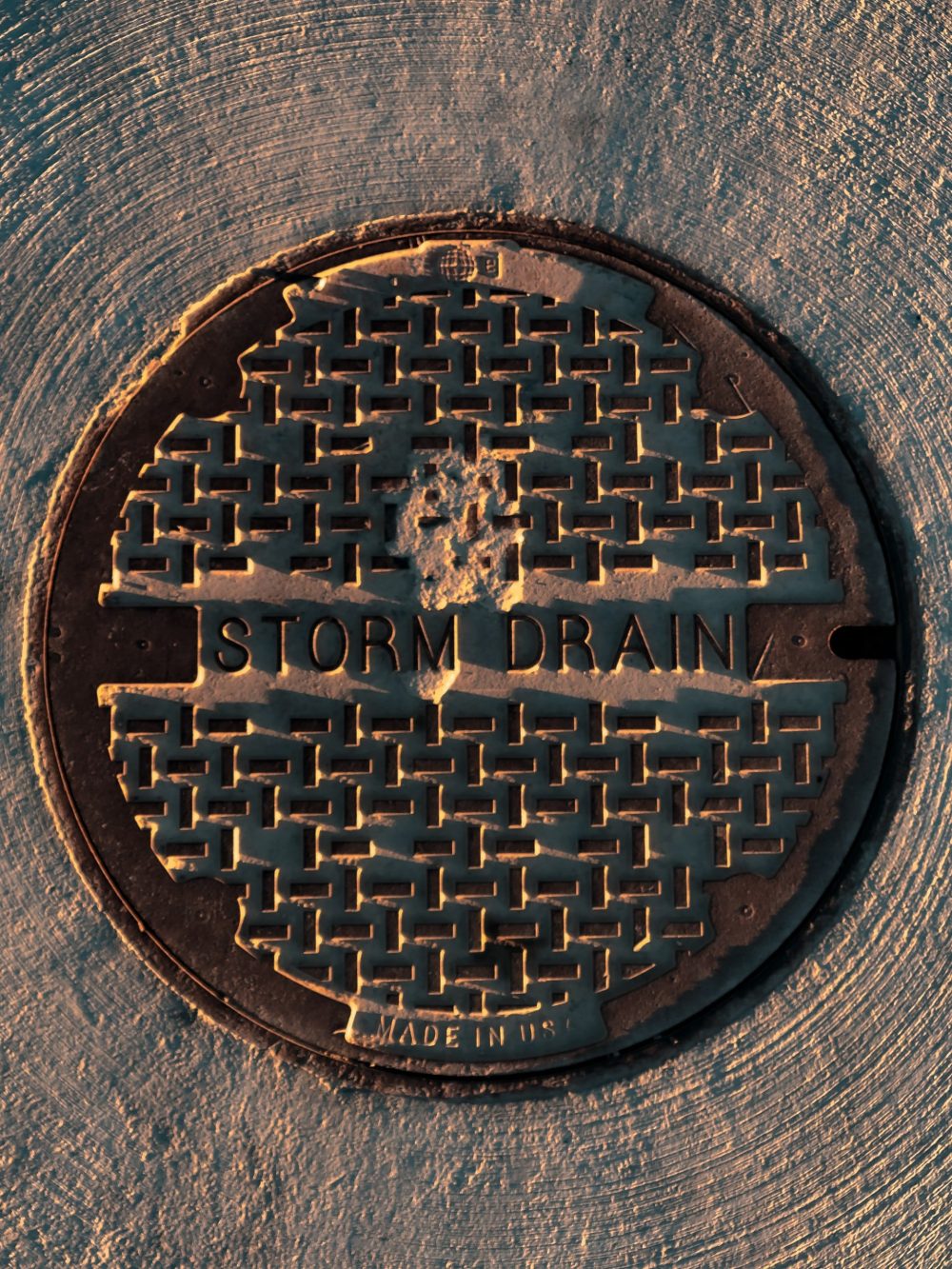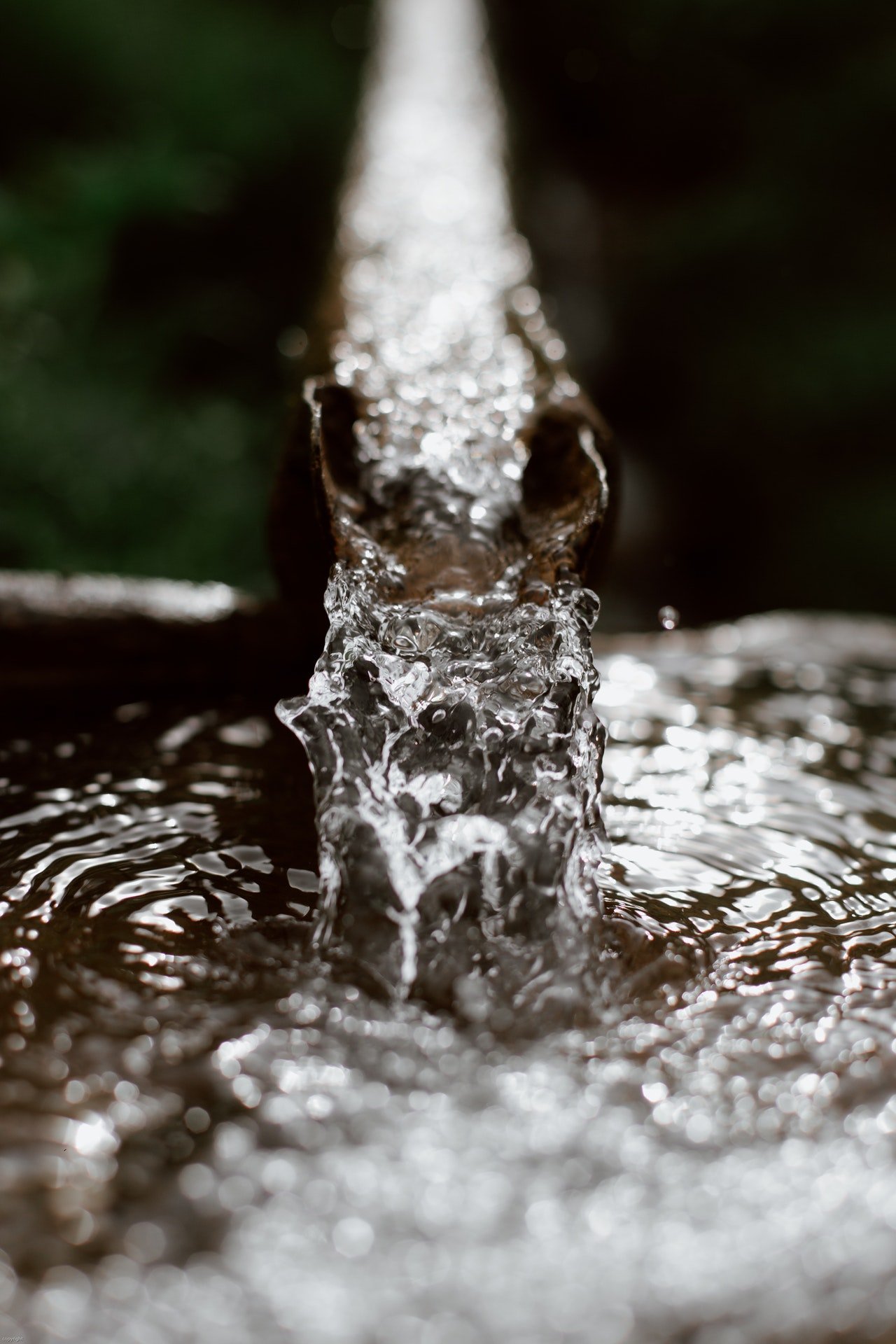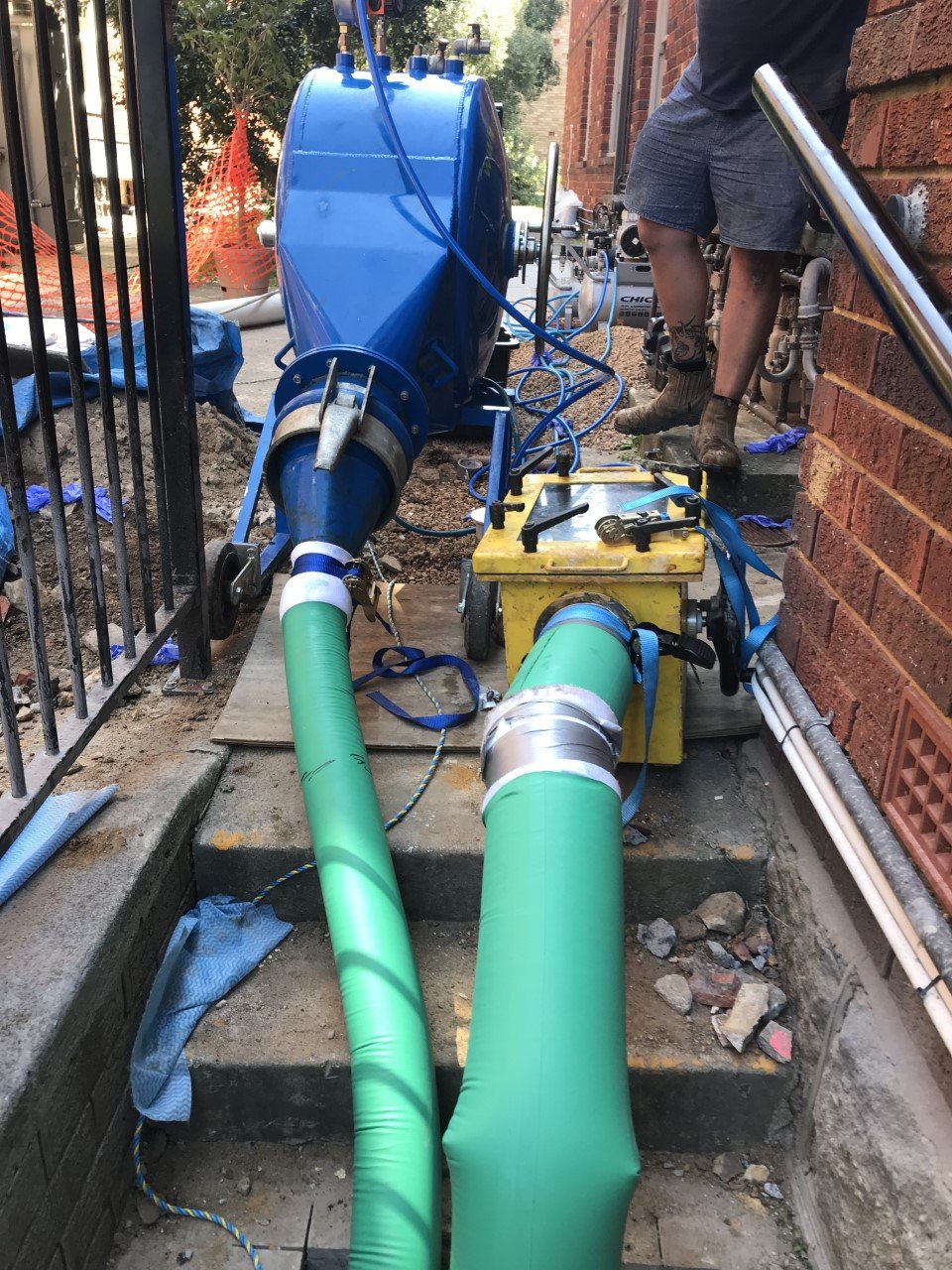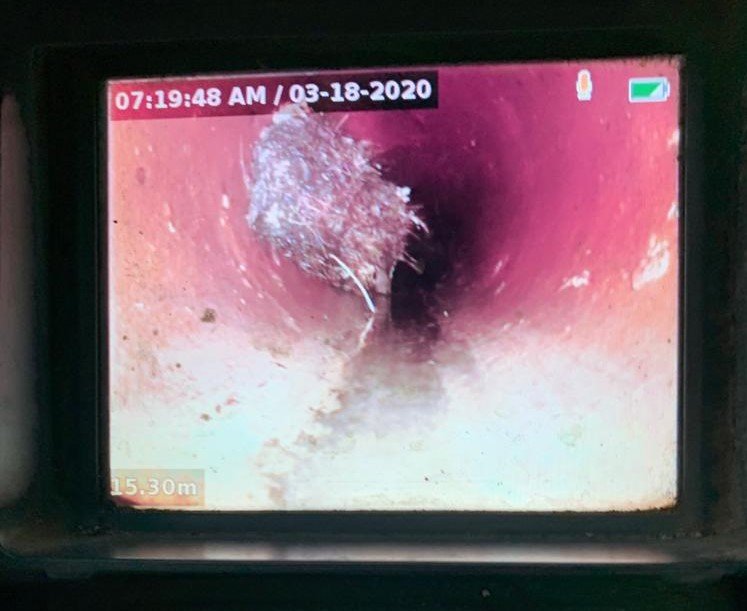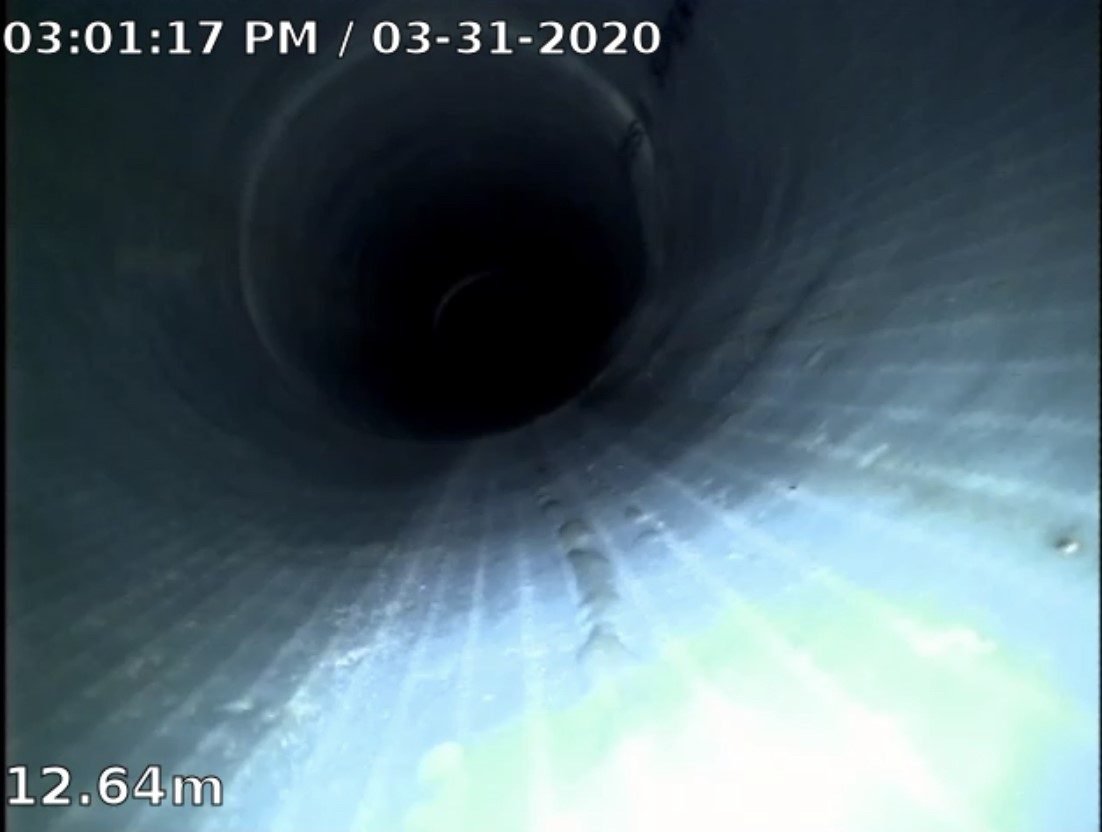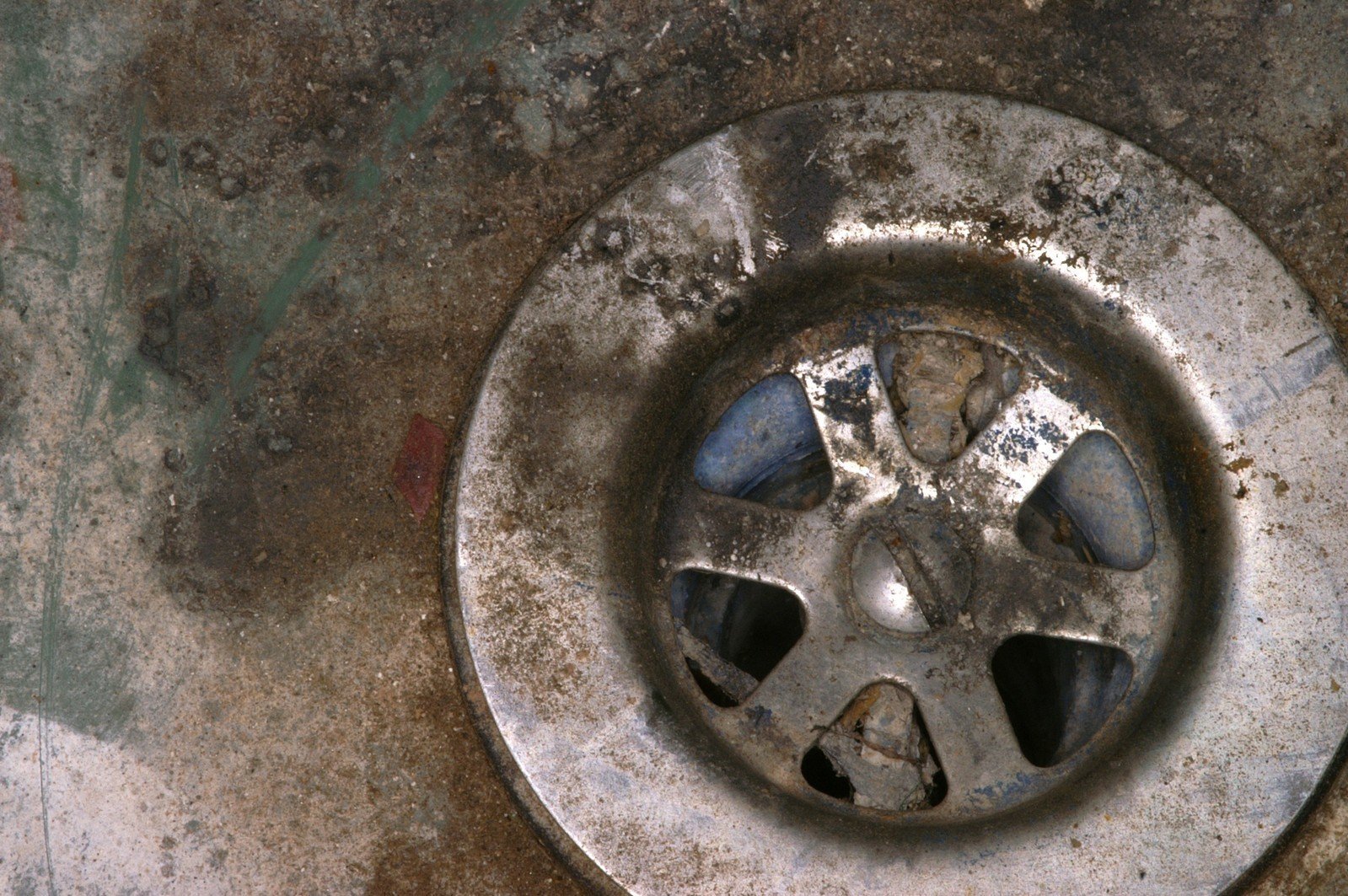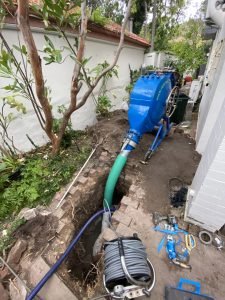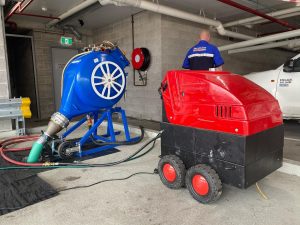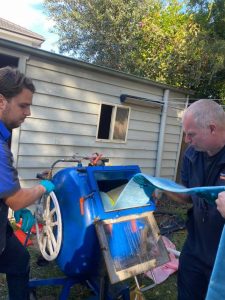Blocked Sewer Pipe: What to do Next
and How to Prevent it?
- And just like that, your drain just stopped letting the water through and, you don’t know what to do. When a sewer pipe gets clogged or damaged, it disrupts the normal flow of wastewater into the treatment centre and places your home at risk for flooding. And guess what, yes, this can be an expensive problem to fix when you need to call a professional. So, do not let your sewers create havoc on your home. Learn what you as a homeowner can do to protect your home from a blocked sewer problem below.
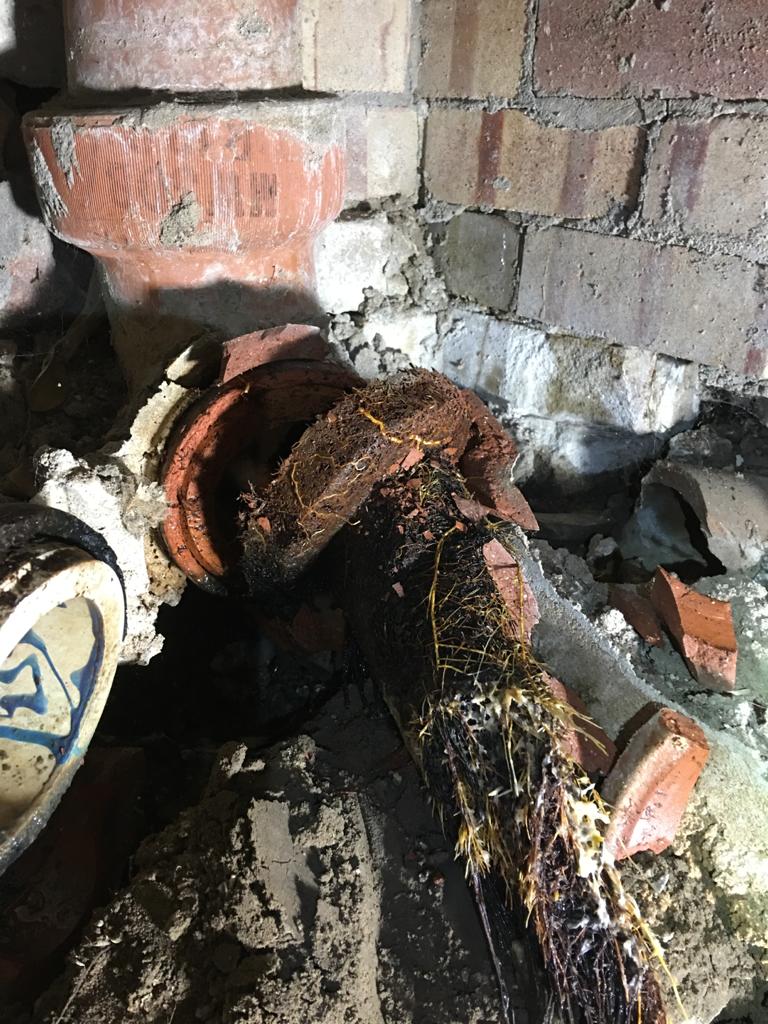
Causes of a Blocked Sewer
- Sewer lines are underground system, and it takes more than just a buildup of tissue paper or weak clogs to block them. Most sewer clogs are the result of root invasion into the pipes. Roots are attracted to the sewer line’s moisture, and they can squeeze through even the tiniest cracks or loose joints to gorge on nutrients they can get inside the pipe. Before you know it, the roots have settled in and block the water flow. It is also what usually happens when a buildup of minerals and sludge is congesting the sewer pipe.
Is your home at risk?
- Some signs of a sewer drain clog:
- • Plumbing fixtures are clogged or slow-draining.
- • The toilet takes time to flush or makes a gurgling sound.
- • The washing machine refused to drain or backs up into the toilet or bathtub.
-
What to do Next and How to Prevent it?
- Common causes of blockages are foreign objects, a buildup of debris and sludge, tree roots, structural defects, and sewage line issues. While some clogs may get out of hand, taking preventive steps can help.
Manage grease disposal: Under any circumstances, do not ever pour grease, fats, oil or anything that can harden in cold weather and food particles that do not easily break down in the wastewater treatment area. Fats, grease and oil can solidify, stick to your drains and cause it to restrain wastewater from passing through. Same goes with coffee grounds and eggshells. These food particles will not melt with water and do not easily get washed off, so they are better off in the waste bin.
- How to prevent: When washing kitchenware, manage to wipe grease, oil and fats with a paper towel first, and run water before and after to wash away food waste down the drain. Pouring drains with hot water after washing can also help ensure no grease gets stuck in the drainpipe. Whether in your toilet or the kitchen, an excellent garbage disposal can save you big time from having to deal with a future blocked sewer problem.
Install drain traps: Solid objects, food particles that do not breakdown, as well as hair are terrible for your drains. When these items make their way down the sewer line, you have a big problem. Solid objects can cause a blockage straightaway while food particles, though take some time to create a problem when trapped on a tree root, will significantly affect the water flow. Hair strands, on the other hand, can ball up during flushes and eventually jams the pipe. If you are uncertain of why your sewer has stopped working might as well speak with the experts. Either of these items has the potential to create a bigger problem when ignored.
- How to prevent: Installing a drain trap or strainers will ensure these elements does not have an opportunity to find its way down the sewer line. You can find drain filters or drain traps in your hardware store. It comes in different version but, all work similarly in keeping your sewers clog-free.
Keep toilets from clogging: A toilet filling water to the brim when your flushing is nothing but nasty. In most cases, a clogged toilet is nothing to cry over because it can be fixed even with a little plunging skill. But if ever you run into this nasty problem and neither the plunger nor your other unclogging tools did not do their job, there’s a chance that a sizable item caused the clog. The next step is to check your other toilets or fixtures if they are working; likely the case, if all the toilet or drains in your house are also taking time to flush, a severe problem down the line requires urgent attention.
- How to prevent: Never treat your toilets like a waste bin and only use a considerable amount of toilet paper when you pee or empty out. Also, except for human waste and toilet paper, never allow the items below hit your toilet.
- • Feminine/hygiene products
- • Paper towels
- • Diapers
- • Toys
- • Soap scum
- • Strong chemicals
What else can you do to prevent a blocked sewer problem?
Clean drains regularly: Nothing beats regular drain cleaning. You can make use of whatever is available at your home, but avoid using chemicals. Flushing one cup of baking soda followed by one cup of vinegar and warm water can also do magic on your drains if you want to go for an eco-friendly home solution – won’t cost you a penny, safe and proves to be effective on weak clogs. It is also a great opportunity to consider getting a regular drain cleaning with the blocked sewer specialists to ensure all types of clogs are knocked out, and your sewers will work at its best over a long period. Sewer specialist knows all the ropes in plumbing so you can never go wrong with them.
Conduct a CCTV drain/sewer inspection: If your drain or sewer frequently gets clogged, consider hiring a blocked sewer pipe or sewer pipe relining professionals. With a sewer drain camera, the service person can pinpoint issues that could potentially lead to a future sewer problem, as well as make recommendations on how to safeguard your sewers against all threats.
If a sewer backup happens to you
- Topping the list of worst plumbing problems is a blocked sewer that can immediately lead to a sewer backup which can also, in turn, lead to large leaks or burst pipes. If a sewer backup happens to you, it is essential to follow the guidelines below.
Stay out of floodwater, especially if there are electrical outlets nearby.
Avoid using any of the plumbing until the blockage is fixed.
Shut off power at the main electrical panel, but only if you can safely reach it without walking in water. Immediately call your a licensed electrician for help.
Contact a licensed plumber to have them determine the source of the problem.
If the backup is at its worst and cannot be resolved with regular sewer cleaning, especially in cases where leaks have already developed, hire a sewer relining Sydney specialist to investigate further. You will need to pay for sewer pipe relining cost for this matter, but you’ll be guaranteed a sewer that can stand against any types of threat for decades.

